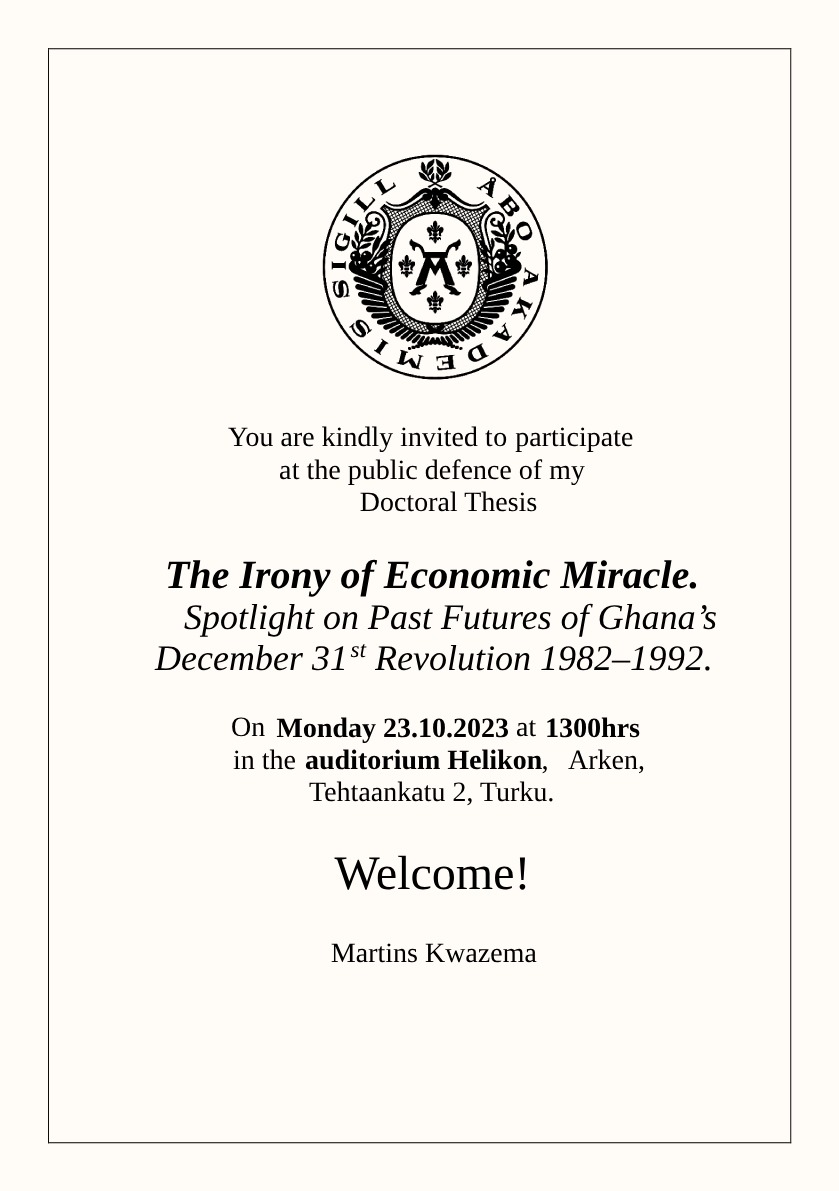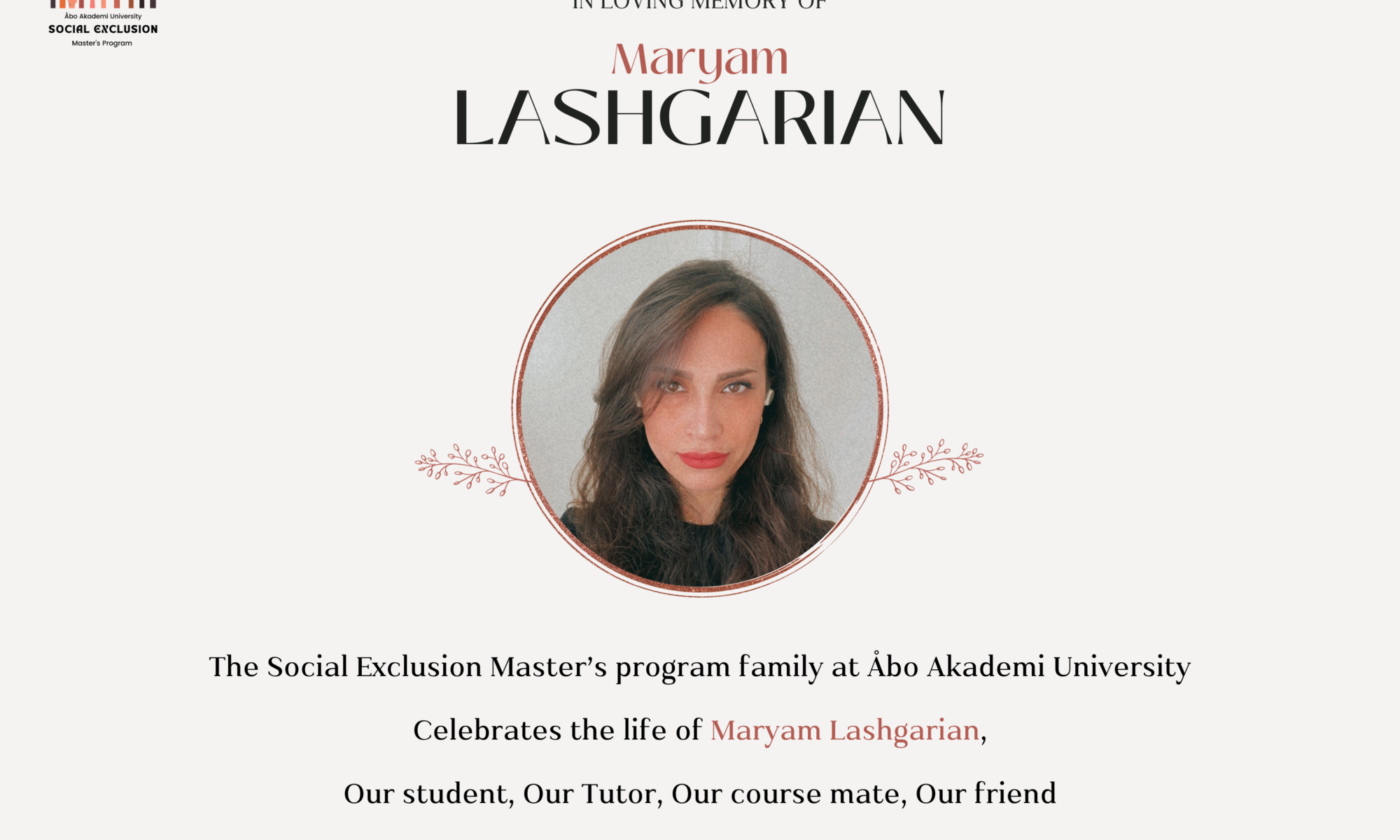Written by: Shah Dedar, Master’s Student, Åbo Akademi University
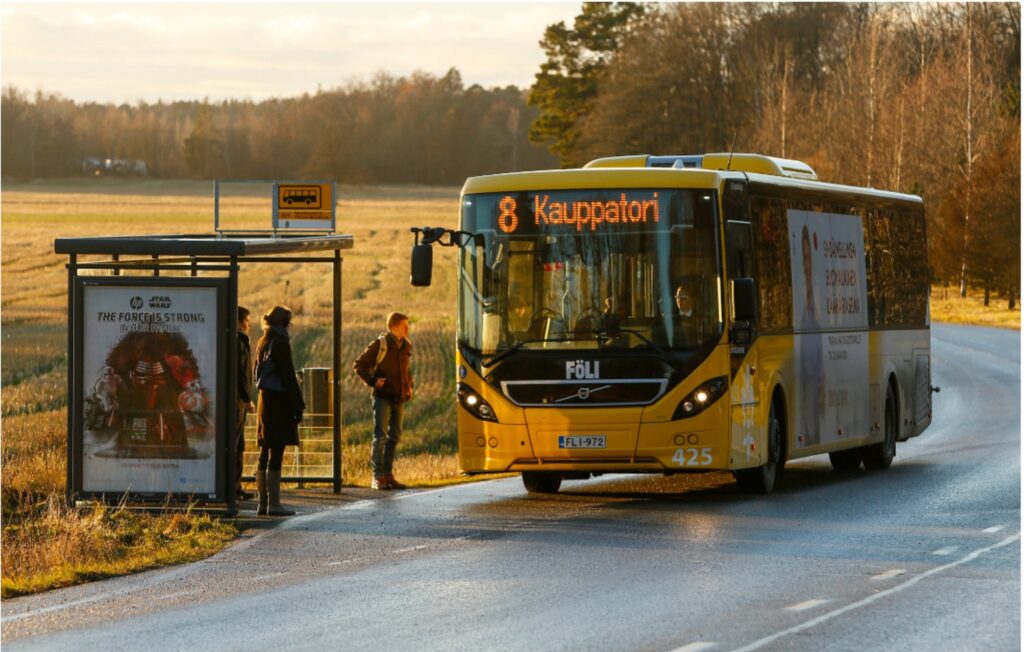
Cultural diversity is an integral component of every society. Culture extends beyond mere practices; it is a fundamental aspect of our identity and way of life. In the novel “The Razor’s Edge”, Somerset Maugham eloquently expressed that—
Men and women are not only themselves; they are also the region in which they were born, the city apartment or the farm in which they learnt to walk, the games they played as children, the tales they overheard, the food they ate, the schools they attended, the sports they followed, the poets they read and the God they believed in.
Embarking on an academic journey in the “Happiest Country” – Finland, I found myself grappling with cultural disparities that colored my everyday experiences leaving me both amused and perplexed.
Getting on the Bus: Brand new experience
On a radiant September morning in Finland, as the dawn broke over the horizon of Turku, my new home, I embarked on what should have been a routine journey to my university. It was my inaugural day, a seemingly simple task—boarding a bus—turned into a lesson in cultural nuances. There I was, meandering along the roadside, casually waving my hand in the air, trying to signal a bus in the way I had always known back home. To my astonishment, the buses paid no heed to my gestures, continuing on their routes as if I were invisible. Following a lengthy walk, I eventually found a bus stop and sat down by myself, waiting expectantly for the bus to come to a stop. Surprisingly, even at the bus stop, no buses came to a stop until another passenger also gestured to flag one down. My efforts to disembark met a similar fate; my pleas to the bus driver seemed to vanish into thin air. Amidst my confusion, I observed the bus’s three doors. Without giving it much thought, I attempted to board through the middle door, only to be met with a look of displeasure from the bus driver.
It was the “Survival Guide 2023–2024, Åbo–Vasa” that illuminated the mystery for me, unraveling the nuanced tapestry of Finnish public transportation etiquette and the vital importance of cultural acclimatization.
I learned that Bus stops in the area have distinct yellow signs, designating them for the City Transport Service. The numbers posted on these yellow-signed stops indicate the buses that serve each location. When preparing to board a bus, it is necessary to be at the appropriate bus stop and ready to signal the driver by waving a hand and must press the ‘stop’ button to disembark. I felt it interesting that passengers have a role in controlling the bus. Boarding is typically done through the front door; while exiting is facilitated through the middle and last door. I observed passengers forming orderly lines to board the bus. Queuing is an unspoken rule in Finland. I came to learn that Finns take queuing seriously, and it is important never to attempt to bypass the line. This encounter with structured protocol deepened my appreciation for the disciplined and organized Finnish way of life.
Street food adventures and dinnertime: First cultural shock
I had the fortunate experience of living with a Finnish family for three months. On the third evening, I was taken aback when my landlord requested that dinner be finished by 21:00. Back in my home country, that time was barely considered the hour to leave work, let alone sit down for a leisurely “Adda”. It was only later that I realized my landlord had kindly adjusted the usual dinner time by two hours for me, as Finns typically dine between 17:00 and 19:00. This dinner time brought back memories of the customs observed in an aristocratic farmer’s family, a time when switch could not turn on the light, the entire village would wind down after the Isha prayer, putting out their kerosene lamps and retiring for the night. Reflecting on those cherished memories fills me with nostalgia for the simplicity of youth.
Anticipating the joy of indulging in street food, a beloved pastime back home, I quickly discovered that I was now residing in an area devoid of beloved street foods like Chhola, Muri, Piyanju, Puri, Singgara, the iconic Chap from Mohammedpur, or the flavorful Tehari from Neelkhet, along with any other such “Aha” food items! The absence of street food stalls left me longing for the vibrant and diverse food culture I had left behind. Even the switch from rice, a dietary staple, to potatoes showcased the stark contrast in food preferences.
Dudh-cha O Adda (Milk-tea and Casual conversation)
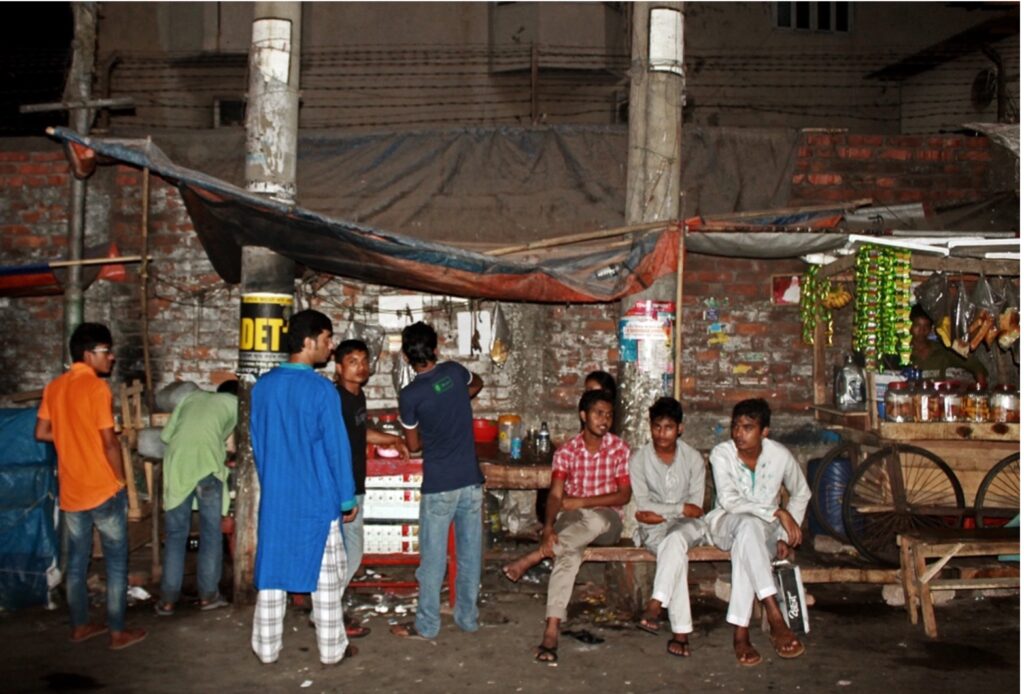
A universal quest for comfort led me to seek a cup of tea— perhaps the most common beverage in Bangladesh. However, my search for the familiar taste of milk tea proved fruitless in Finland. This contrast in beverage preferences highlighted the subtle but significant differences in daily life between the two cultures. The absence of milk tea, and the prominence of coffee as the preferred beverage presented culinary diversity. Typically, a Bangladeshi consumes five to seven cups of tea daily, whereas Finns may have as many as five cups of coffee each day.
Organized cultural loneliness
The allure of Turku’s organized beauty concealed a sense of loneliness as I discovered a stark contrast to the bustling, talkative streets of Bangladesh. The absence of casual conversations and the vibrant street tea culture left me feeling isolated in this seemingly idyllic city. Growing up, the soundtrack of my life included bus horns, the hustle and bustle of passersby, traffic jams, and dust—elements that defined my daily existence. However, arriving here, I encountered a beautifully organized city, which, paradoxically, left me feeling isolated. In this aesthetically pleasing city, people rarely engage in spontaneous conversations, and the absence of a vibrant street tea culture heightened my sense of loneliness.
Through my experiences, I learned that forming connections in this culture takes time. “Finns have a self-conception and reputation for being reserved and sparing with words” (Countries and Their Cultures, 2006). Yet, once established, friendships with the Finnish people are enduring. Finland’s preference for explicit communication contrasts with the implicit communication style in Bangladeshi society. Edward T. Hall’s “High-context vs. Low-context communication theory is relevant in understanding communication style differences. I realized that for an organized society to thrive, there must be opportunities for interaction with neighbors, fostering a sense of belonging and community.
Humans possess a robust capacity for integration. Throughout this integration process, wherein the emphasis is on a “strong sense of their own group identity and an appreciation for other cultural groups” (Martin & Nakayama), I preserved my customary social interactions and dietary habits, opting instead to adopt an organized, punctual, and equally respectful way of life.
Still, I felt ashamed on my first day of trying to stop the bus anywhere on the street.
In my journey, I have discovered that the essence of “Happiest” lies in the bedrock of traits embedded in Finnish society—organization, punctuality, honesty, and equality. These fundamentals are not confined to the enchanting landscapes of Finland; they possess the transformative power to uplift any society. Yet, the true magic happens when these qualities intertwine with the fabric of social interactions and a robust sense of community within neighborhoods. Happiness, it seems, is not just a destination but a way of being, woven into the very essence of how we engage with one another and cultivate strong bonds within our communities.
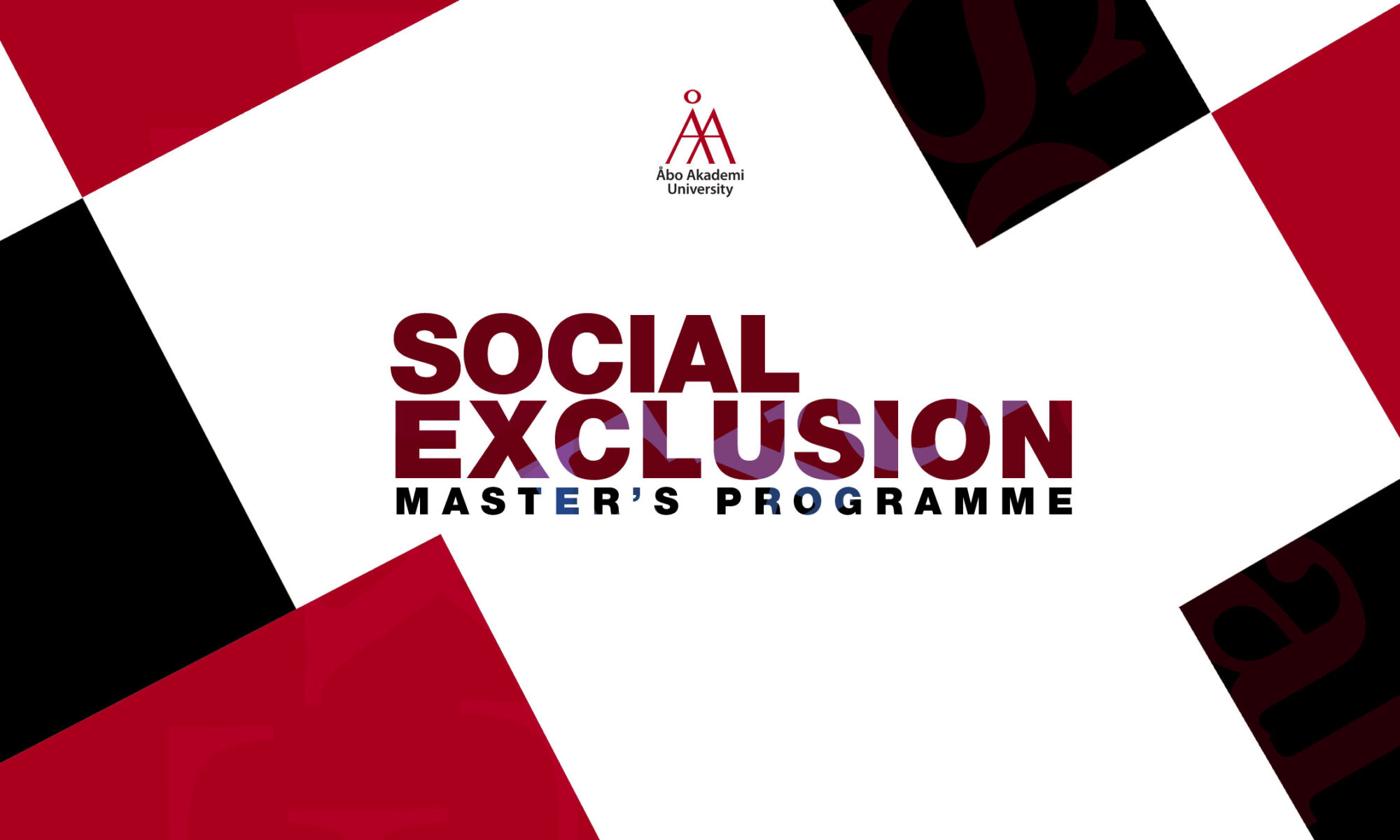

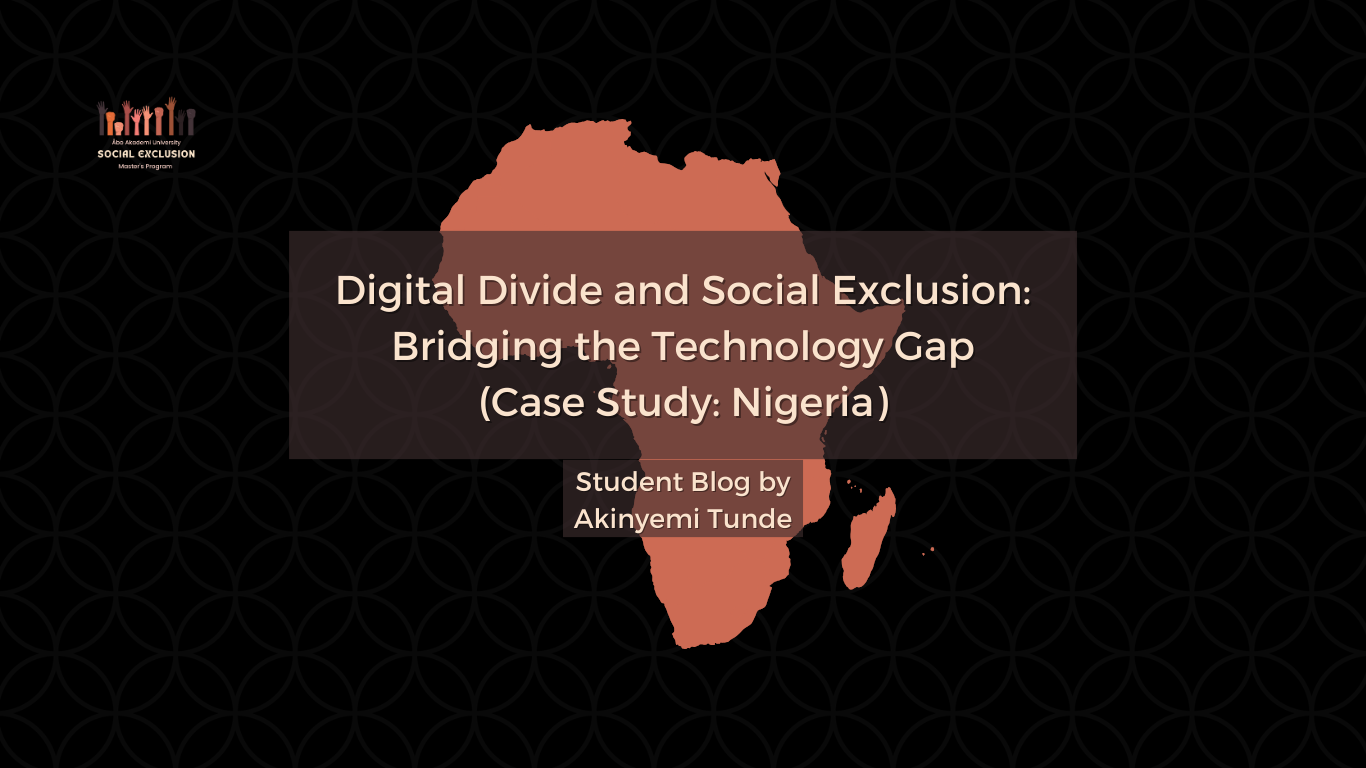
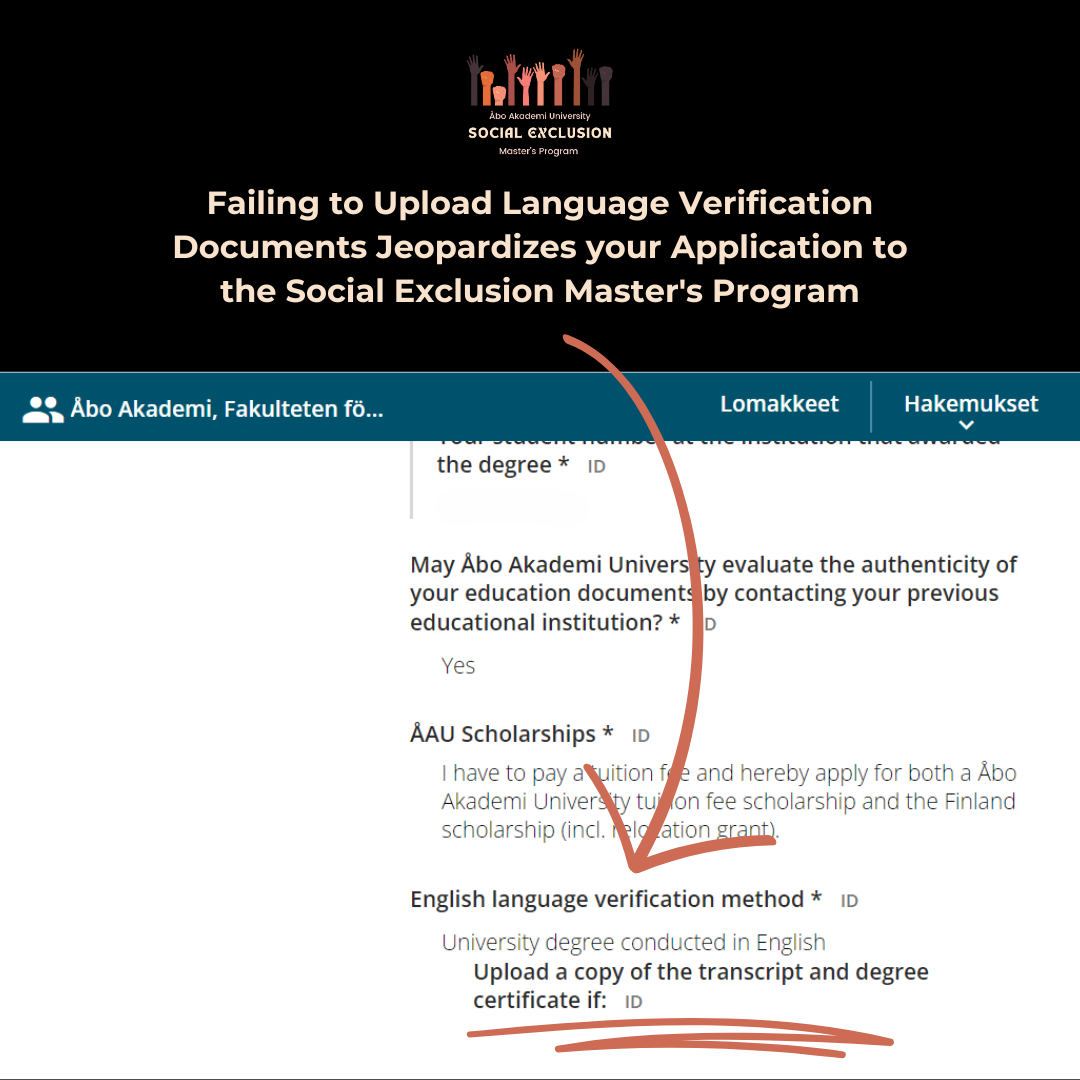


 In our correspondence with Peter Nynäs, the first head of the program, we delved into the early days when the idea of the Master’s Degree Programme in Social Exclusion was taking shape. The decision to start the program was initiated by the Åbo Akademi University board in August 2017, marking a significant milestone as the first international program in the Faculty of Arts, Psychology, and Theology.
In our correspondence with Peter Nynäs, the first head of the program, we delved into the early days when the idea of the Master’s Degree Programme in Social Exclusion was taking shape. The decision to start the program was initiated by the Åbo Akademi University board in August 2017, marking a significant milestone as the first international program in the Faculty of Arts, Psychology, and Theology. In our correspondence with Aminkeng Alemanji, the current head of the Social Exclusion Master’s Program, we gained insights into the major milestones and achievements of the program. He highlighted the journey from an idea conceived by Peter Nynäs to the program’s realization.
In our correspondence with Aminkeng Alemanji, the current head of the Social Exclusion Master’s Program, we gained insights into the major milestones and achievements of the program. He highlighted the journey from an idea conceived by Peter Nynäs to the program’s realization.